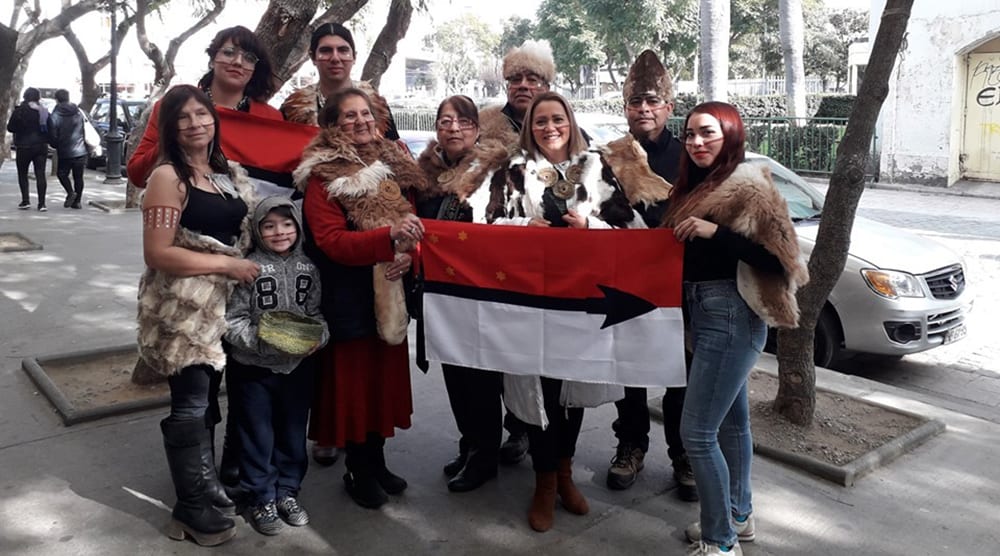In an article published in Australian Feminist Studies, a quarterly peer-reviewed academic journal, Hema’ny Molina and Camila Marambio of Ensayo #5 and Nina Lykke of Ensayo #6 co-authored a paper that critiques ethnographic historic ethnographic fieldwork in Tierra del Fuego, unearthing its complicity with the myth of Selk’nam extinction.
////////////////////////////////////
Published By The Australian Feminist Studies Journal Online: 04 Jun 2020
Full article can be accessed via the PDF below or dowloaded from https://www.tandfonline.com/doi/full/10.1080/08164649.2020.1774865
Co-authored by Hema’ny Molina Vargas, Camila Marambio & Nina Lykke
Abstract: This article discusses death, mourning and decolonisation, focusing on the Selk’nam of Karokynka/Tierra del Fuego, Chile. Methodologically, it is grounded in feminist experiments of bringing creative and personalised writing into an academic scholarship to challenge subject/object-relations, and to generate platforms for affective, world-making intra-actions and undoings of power. Through collaborative efforts of three differently situated co-authors, using poetic epistolary forms of address, the article unfolds an indigenous centred, feminist, decolonial methodology. Along similar lines, the theoretical approach to death and mourning is pluriversal, transgressing Western epistemologies and ontologies. Through letters, addressed to dead and alive, human and non-human key actors in a revitalising of Selk’nam culture, the article questions ethico-politically in/appropriate ways of mourning the consequences of the necropolitics imposed on the Selk’nam through white colonisation, Western modernity and its colonial matrix of necropower. It is critically addressed how mourning the lost became embedded in colonial discourses of white melancholia and humanism. Moreover combining creative writing methodologies, inspired by feminism, posthumanism, and by indigenous activism and practices of reviving Selk’nam culture, the authors use their different locations to search affirmatively for ways of mourning, which open horizons towards decolonising, cultural revitalising, reclaiming of indigenous rights and philosophies of death and mourning.

